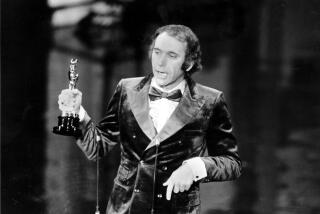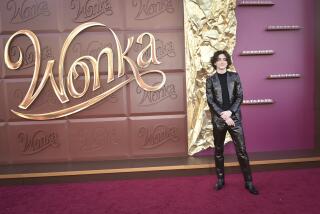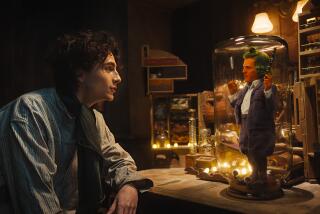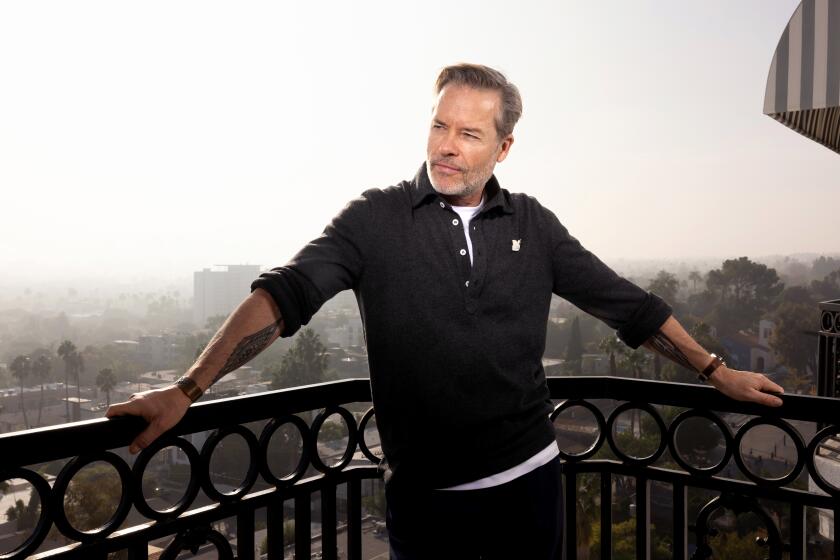‘Willy Wonka’ director Mel Stuart refused ‘talking down to children’
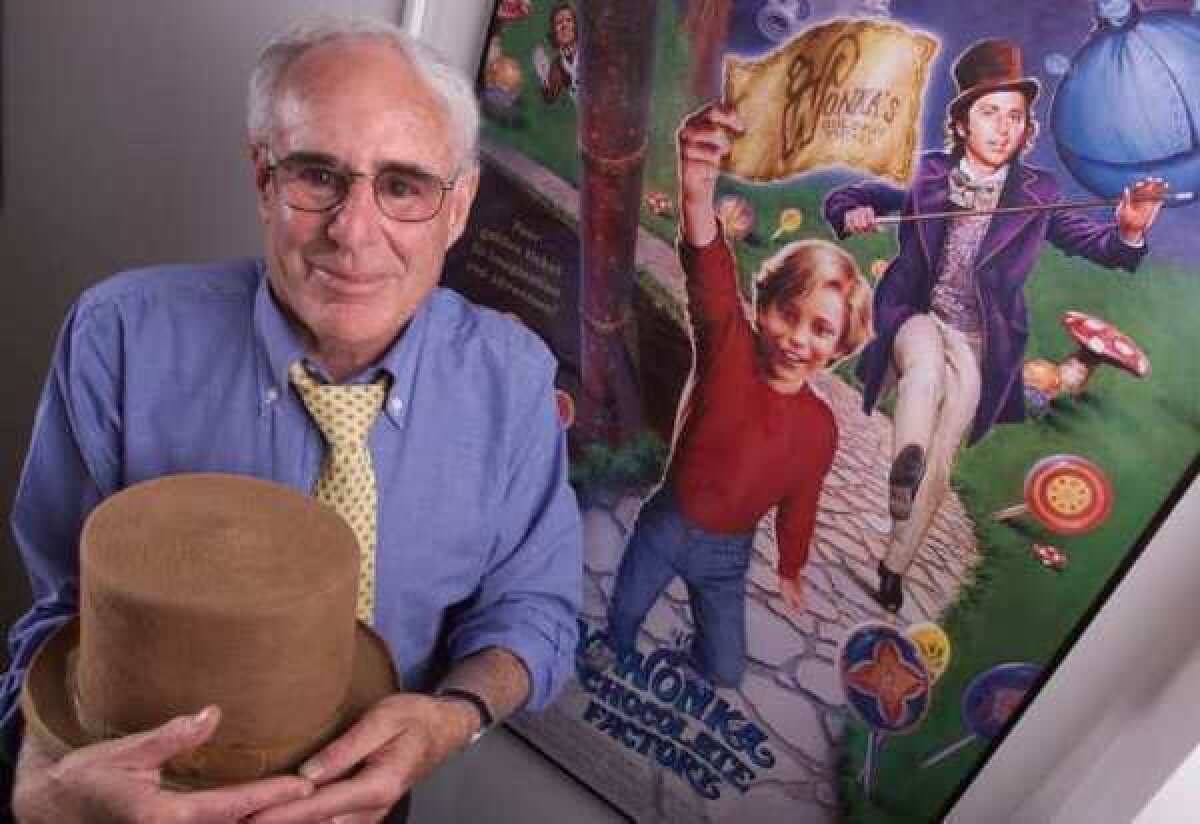
- Share via
When “Willy Wonka and the Chocolate Factory” was released in 1971, director Mel Stuart had no inkling that the film would go on to be a beloved classic.
The director, who died Thursday at 83, faced some scathing initial reviews for his adaptation of Roald Dahl’s children’s book “Charlie and the Chocolate Factory.” Daily Variety called Gene Wilder’s Wonka “cynical and sadistic” (though Wilder did receive a Golden Globe nomination for best lead actor in a musical/comedy for his performance).
Word-of-mouth focused on the movie’s harsh treatment of the children who are taken on a tour of a Rube Goldbergesque confections factory by Wonka, a strange candy-maker. One by one, they meet disturbing fates, including being sucked into a giant tube, blown up into a giant blueberry, dropped down a chute toward a furnace and shrunken.
Q&A;: Mel Stuart talks ‘Willy Wonka and the Chocolate Factory’
In a 2001 interview with The Times to mark the 30th anniversary of the film, Stuart – who was nominated for an Oscar in 1965 for the John F. Kennedy documentary “Four Days in November” and won an Emmy in 1964 for his “The Making of the President” -- said he had made peace with the fact that “Willy Wonka” would be the work for which he would always be remembered.
“When you make a movie, you always do the best you can, but you never know what the audience response is going to be,” he told The Times. But he believed that the lasting popularity of “Wonka” lies in its unflinching honesty. “I’m not talking down to children and giving them squirrels with funny faces and all that stuff,” he said.
Stuart credited his daughter, Madeline, with inspiring him to do the film. She was 10 when she asked him to turn the book into a movie.
Stuart approached producer David L. Wolper, who helped cajole Quaker Oats to put up $3 million to make the movie to promote a new candy bar.
Dahl was asked to write a first draft, but when Stuart read it, he felt it was outdated. The young David Seltzer, who had done some documentary work but never a screenplay, was brought in to give Dahl’s work a more contemporary tone and add comedy. (Seltzer would go on to write numerous screenplays including “The Omen” and “Lucas” plus the HBO movie “Cinema Verite.”)
Stuart and producer Stan Margulies brought in the songwriting team of Leslie Bricusse and Anthony Newley. Their score earned an Oscar nomination and featured “The Candy Man,” which became a No. 1 single for Sammy Davis Jr.
Watch the above clip from the film featuring that song.
ALSO:
Tim Burton: Nine monster movies that inspired him
Mel Stuart: Before Gene Wilder, Fred Astaire was almost Wonka
Are audiences playing a joke on Hollywood’s biggest comedy stars?
PHOTOS AND MORE:
PHOTOS: Celebrity portraits by The Times
INTERACTIVE: TVs highest paid stars
PHOTOS: The Hollywood baby boom
More to Read
Only good movies
Get the Indie Focus newsletter, Mark Olsen's weekly guide to the world of cinema.
You may occasionally receive promotional content from the Los Angeles Times.
